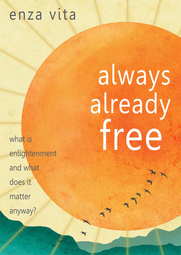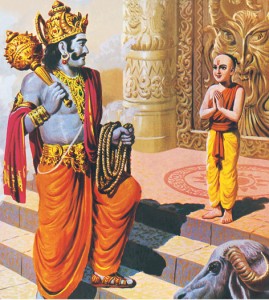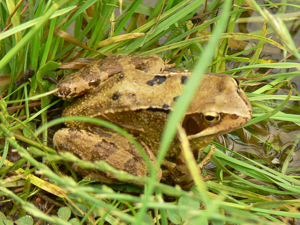Q: As I understand, the sense of “I” (distinguished from the ultimate I/Self) is the source of “ignorance”. “Ignorance” leads to “the fear”, which inspires us to attempt to find “enlightenment”. The attempt to find “enlightenment” is the delusion that there is something to gain. The teachings tell us that “enlightenment” is the nature of existence. What needs to happen is the destruction/removal of ignorance, rather than the acquisition of anything. I already feel as if I have approached the “screen” upon which phenomenon occurs. By practicing “neti neti”, I attempt to see what always is, which is a temporary attempt to disregard things that can be seen. Once this happens, there is the inference of blankness/darkness/all-inclusiveness/voidness. And once this practice of “neti neti” is over, I begin to see things come of themselves, from little sparks … flakes of concepts … to their blooming as a climax of a concept. The climax wanes and the concept disappears of itself just as it arose.
A short time after this attempt at enquiry, the ease I had with reality fades. The sense that reality is not okay begins to gradually return. It feels as if I missed something from this experience. At other times, I feel as if perhaps this effort is part of the problem. Maybe the enquiry is meant to be a last ditch attempt to notice the fallacy of trying to do something, or even the attempt to try to do nothing.
Is this the realization? That effort is resistance? That surrender to this fact is the ultimate motion?
How does it happen that one can know “in the mind” that one is free, and yet continue to fall back into the conundrum of no longer feeling this freedom? Moments of complete freedom … knowing that it’s not my business to “do” life, not even to attempt to not “do” life … and yet slowly fall back into the habit? Continue reading →
![]() This is an invitation to reflect on the reality of one’s own self identity.
This is an invitation to reflect on the reality of one’s own self identity.




